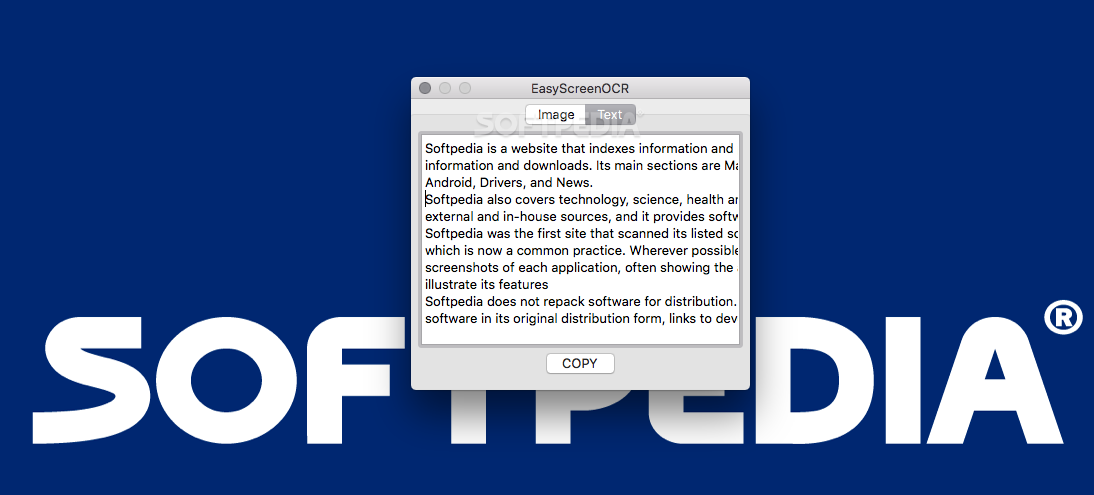

However, the below code example and output shows that Iron OCR is significantly more appropriate for real world use cases. In the below example, we can see that a simple document that is very easy to read by the eye cannot be read by Tesseract well.

In addition, Tesseract will also take a very long time to process that document before giving you back nonsense information. If Tesseract encounters an image which is rotated, skewed, is of a low DPI, scanned, or has background noise, it becomes almost impossible for Tesseract to get data from that image.

The problem is that in the real world, that is not what we have. That is what Tesseract is good at: reading perfect documents. Tesseract as a library was designed for perfect documents where a machine printed out high-resolution text to a screen and then read it. The entire C++ layer is managed for you, and there are no extra DLLs to install. With Iron OCR, installation happens entirely using the NuGet Package Manager, and bittiness is not required.
#Easy screen ocr alternative 64 Bit#
It requires us to choose the bittiness of our application, meaning that we may only deploy to 32 or 64 bit targets. You will note when working with Tesseract, you are working with a C++ library.


 0 kommentar(er)
0 kommentar(er)
